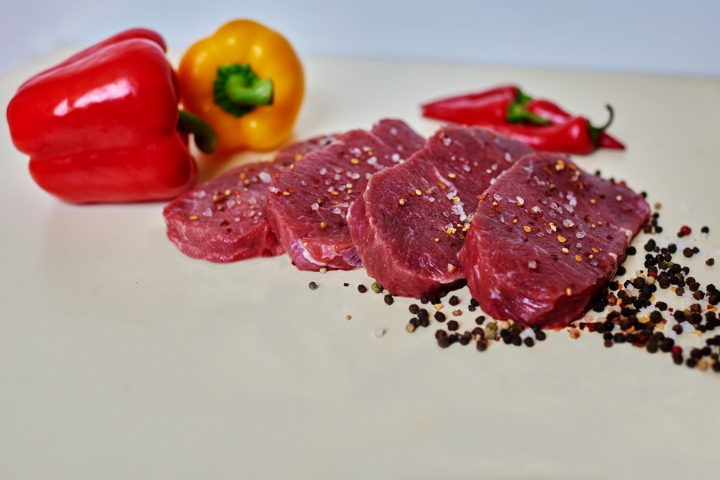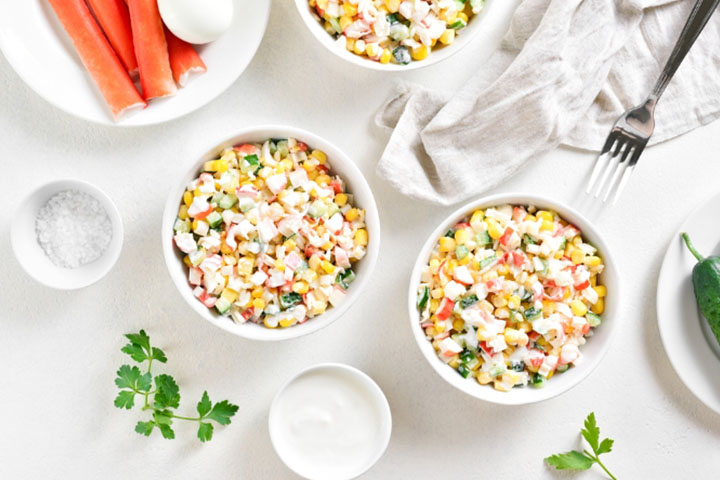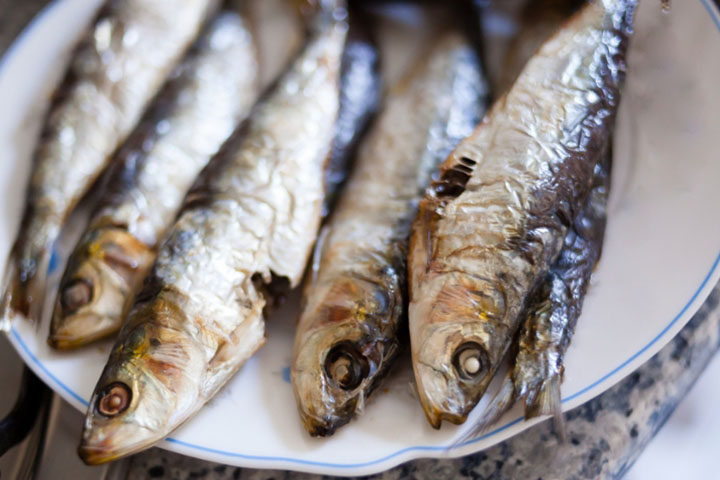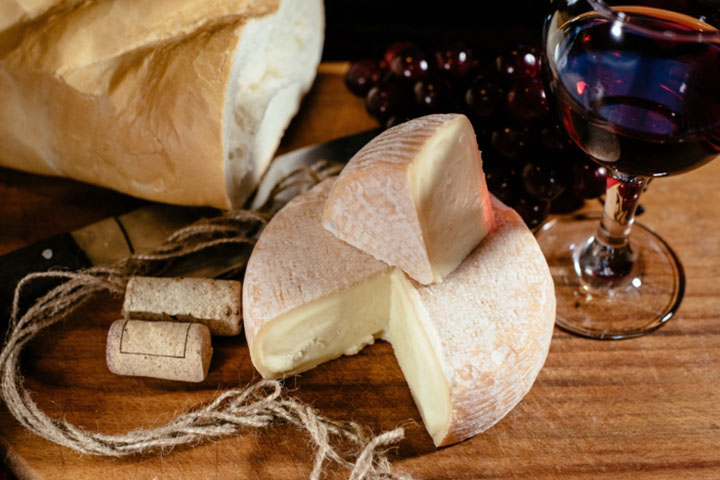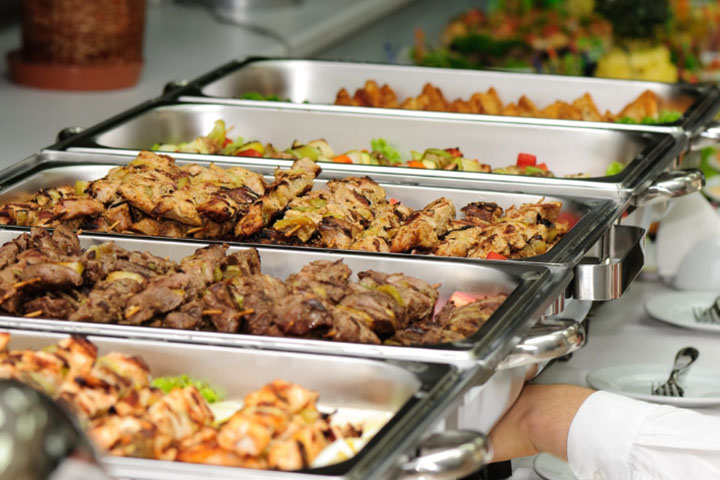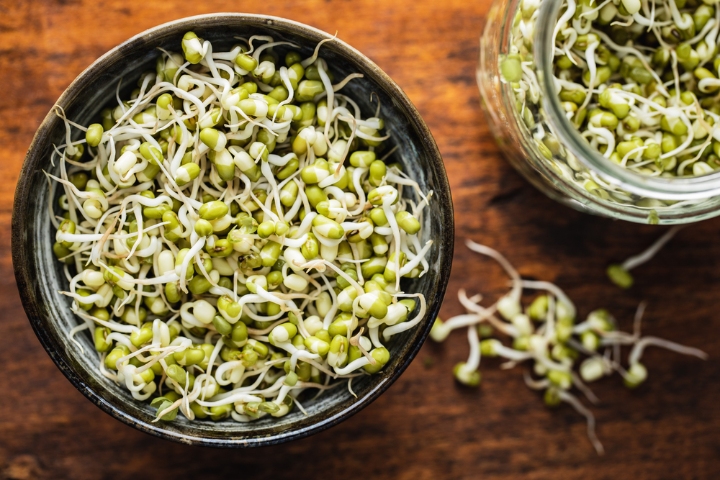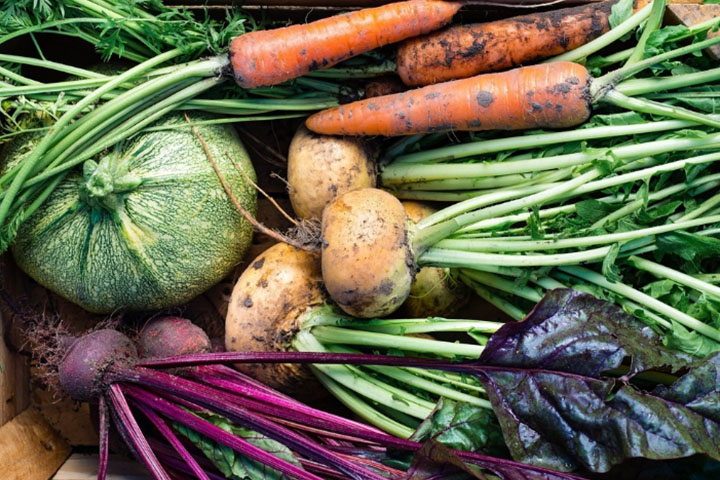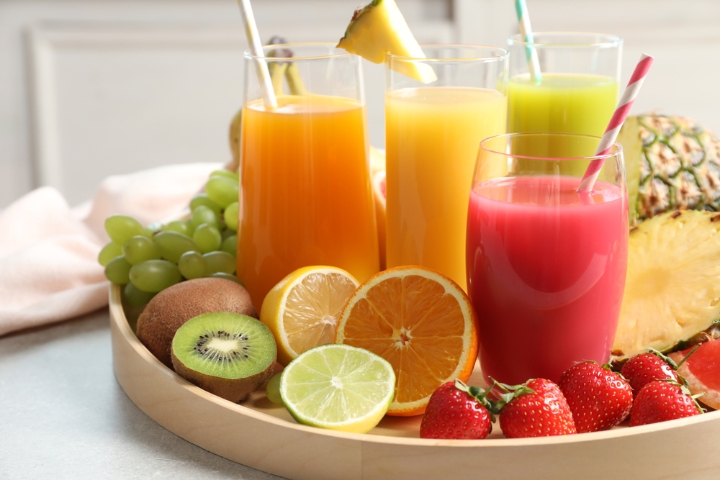
Image: Shutterstock
Congratulations on the incredible journey of pregnancy! It’s a time filled with excitement, anticipation, and a fair share of cravings. However, it’s also crucial to be mindful of what you eat and drink during these precious nine months as your baby’s health depends on it. In this article, we’ll delve into the foods and drinks you should avoid during pregnancy, ensuring both you and your little one stay safe and healthy. Read on!
1. Raw Or Undercooked Meat, Seafood, And Poultry
Image: Shutterstock
32m 51sDuring pregnancy, the temptation of indulging in rare steak or fresh sushi can be strong. However, it’s crucial to resist these culinary delights. Raw or undercooked meat, seafood, and poultry can harbor harmful bacteria like Salmonella, E. coli, and Listeria, posing a significant threat to your unborn child (1). To ensure a safe and healthy pregnancy, cook all meat, seafood, and poultry thoroughly to the recommended internal temperature for eliminating all potential pathogens.
2. Runny Or Undercooked Eggs
Image: Shutterstock
For some, runny eggs with a gooey yolk are a breakfast delight. Yet, these eggs can carry the risk of Salmonella contamination, which can lead to severe stomach issues (2). To safeguard your baby’s safety, it’s wise to opt for fully cooked eggs with a firm yolk. This ensures that any potential Salmonella bacteria are effectively eliminated, reducing the risk to both you and your baby.
3. Deli Meats And Prepared Salads
Image: Shutterstock
Delicious deli sandwiches and prepared salads may seem like a convenient choice during pregnancy, but they can conceal a hidden danger. Listeria, a bacteria that can lead to miscarriage, premature birth, or severe illness in newborns, can lurk in these foods (3). If you can’t resist that sandwich, one precaution is to heat the deli meat until it’s steaming. This extra step can help kill any potential bacteria, ensuring a safer dining experience for you and your baby.
4. High-Mercury Fish
Fish is an excellent source of omega-3 fatty acids and protein, which are essential for a healthy pregnancy diet. However, some types of fish contain high levels of mercury, which can harm your baby’s developing nervous system (4). To enjoy the benefits of fish without the risks, it’s crucial to avoid high-mercury options like shark, swordfish, king mackerel, and tilefish. Instead, opt for low-mercury alternatives like salmon, trout, and sardines, which provide essential nutrients without the potential harm.
5. Unpasteurized (Raw) Milk And Soft Cheese
While raw milk and soft cheeses like Brie, Camembert, and feta may have a gourmet appeal, they can contain Listeria or harmful bacteria like E. coli (5). To reduce the risk to you and your baby, it’s advisable to stick to pasteurized milk and cheese varieties. These products undergo a heating process that kills potential pathogens, ensuring safer consumption during pregnancy.
6. Food That’s Been Sitting Out Too Long
Image: Shutterstock
During pregnancy, your immune system experiences some degree of compromise, making you more susceptible to foodborne illnesses. Buffet-style restaurants and dishes that have been left at room temperature for extended periods can become breeding grounds for bacteria. In these environments, bacteria thrive, increasing the risk of foodborne illnesses. To minimize these risks, choose freshly prepared dishes and exercise caution when dining out during pregnancy.
7. Raw Sprouts
Image: Shutterstock
Tiny and seemingly healthy, raw sprouts like alfalfa, bean, and clover sprouts can harbor harmful bacteria such as Salmonella and E. coli (6). While they may appear innocent, it’s best to steer clear of these sprouts during pregnancy. This precaution helps reduce the risk of foodborne illnesses and ensures a safer pregnancy journey.
8. Unwashed Produce
Image: Shutterstock
Fruits and vegetables are essential components of a healthy pregnancy diet. However, it’s crucial to wash them thoroughly before consumption. Raw produce can harbor dirt, bacteria, and pesticide residues that may be harmful to you and your baby. Properly scrubbing fruits and vegetables or choosing pre-washed and packaged options can ensure that you enjoy the nutritional benefits without the potential risks.
9. Alcoholic Beverages
Image: Shutterstock
One well-established fact is that alcohol should be completely avoided during pregnancy. Consuming alcohol during pregnancy can harm your baby’s developing brain and organs, leading to lifelong physical and cognitive disabilities. To prioritize your baby’s health and well-being, it’s essential to abstain from alcohol entirely throughout your pregnancy.
10. Fresh-Squeezed Juice
Image: Shutterstock
While fresh-squeezed fruit juices may seem like a healthy choice, they can carry a risk of contamination with harmful bacteria. To minimize this risk, opt for pasteurized juices or take extra care when washing and preparing fruits at home. By doing so, you can enjoy the flavors of fresh fruits without compromising your baby’s safety.
11. Too Much Caffeine
Image: Shutterstock
Caffeine is commonly found in coffee, tea, soda, and certain medications. While it is safe in moderation, excessive caffeine consumption during pregnancy can lead to complications such as preterm birth and low birth weight. To maintain a healthy pregnancy, it’s advisable to limit your daily caffeine intake to around 200 milligrams, approximately equivalent to one 12-ounce cup of coffee (7). This precaution ensures that you and your baby enjoy a safer and healthier pregnancy journey.
During pregnancy, your primary focus should be on nourishing both yourself and your growing baby. Avoiding these potential sources of contamination and harm is a crucial step towards a safe and healthy pregnancy journey. Always consult with your healthcare provider for personalized dietary recommendations to ensure the best possible outcomes for you and your baby.

